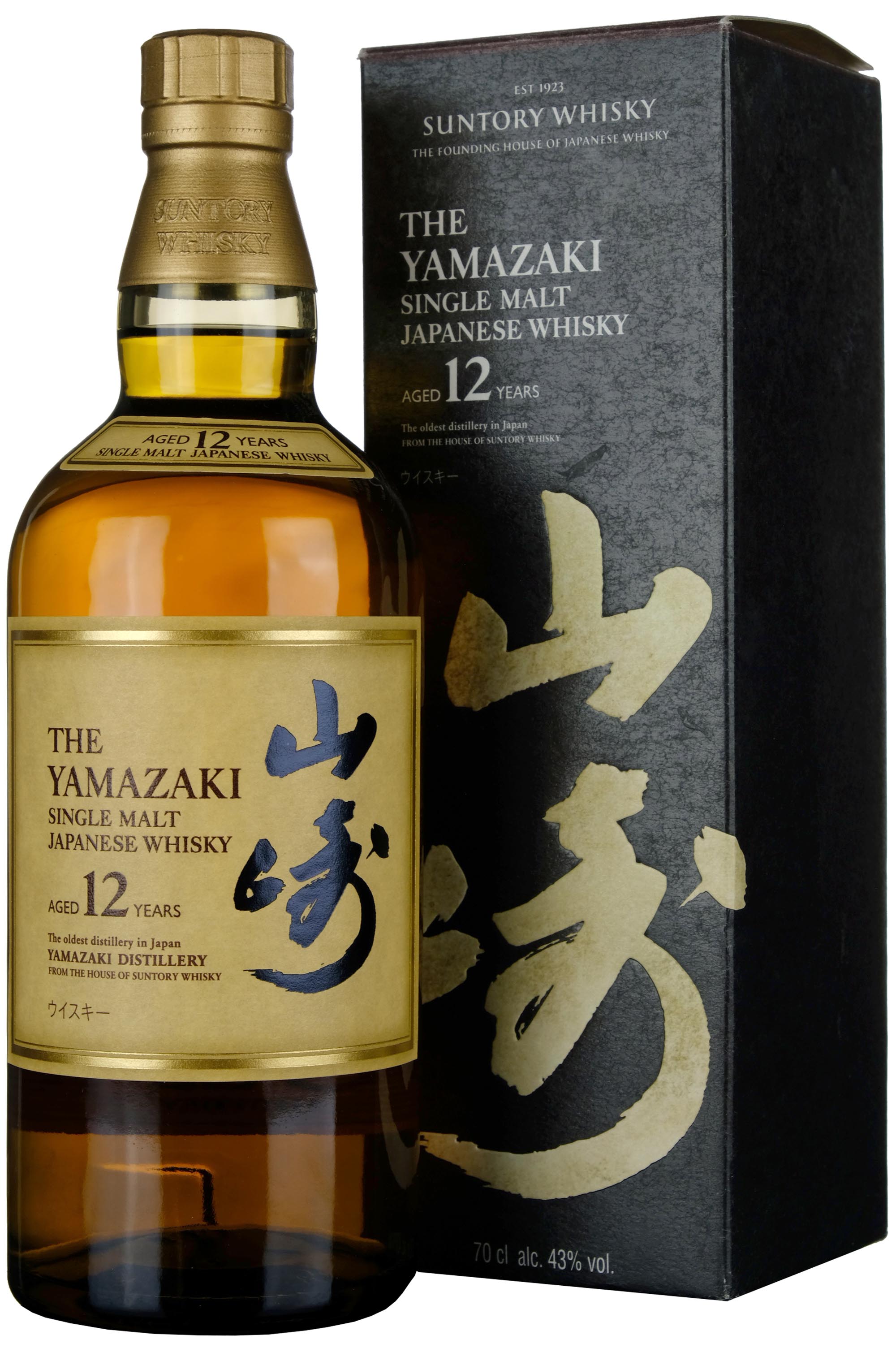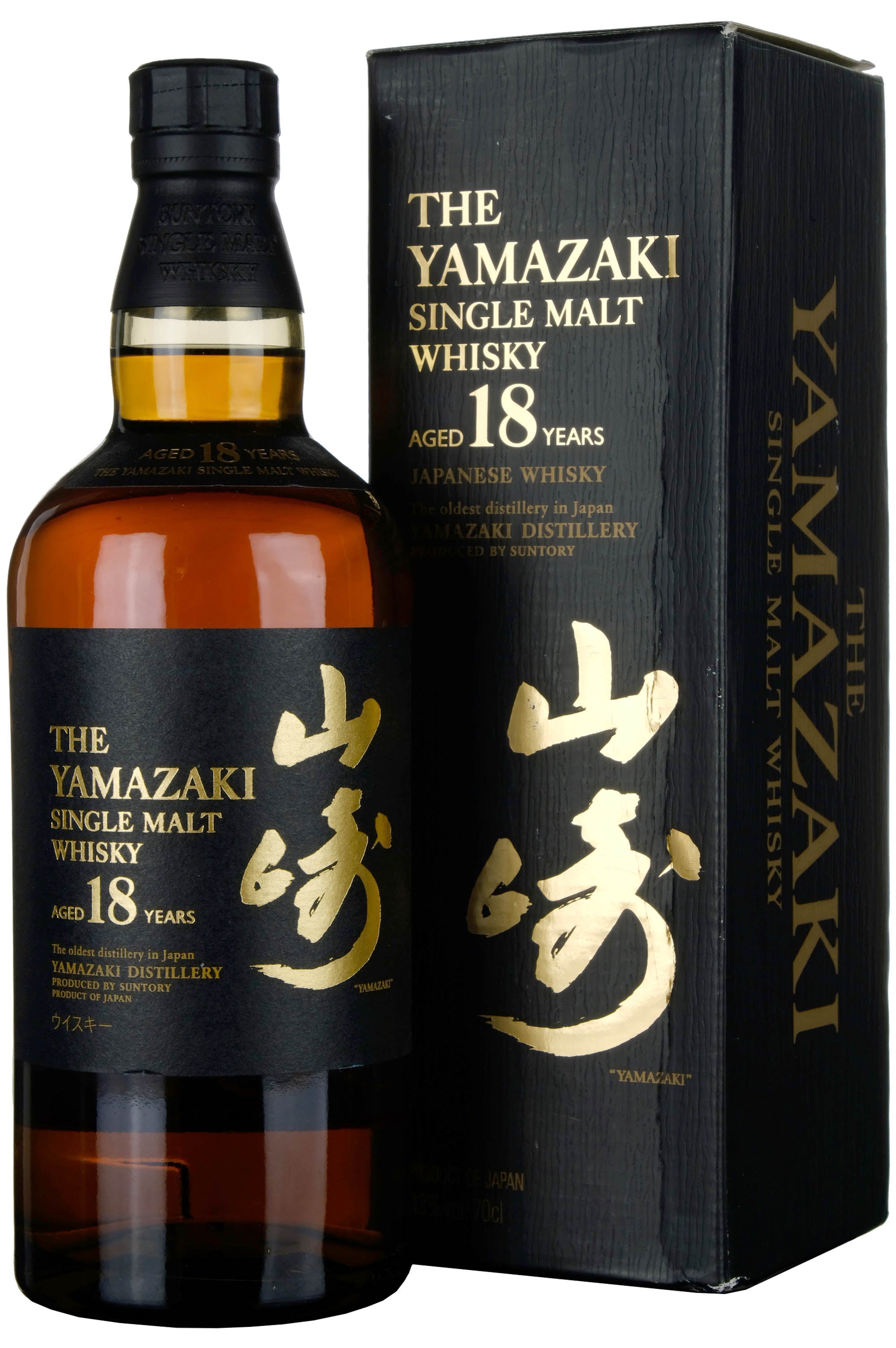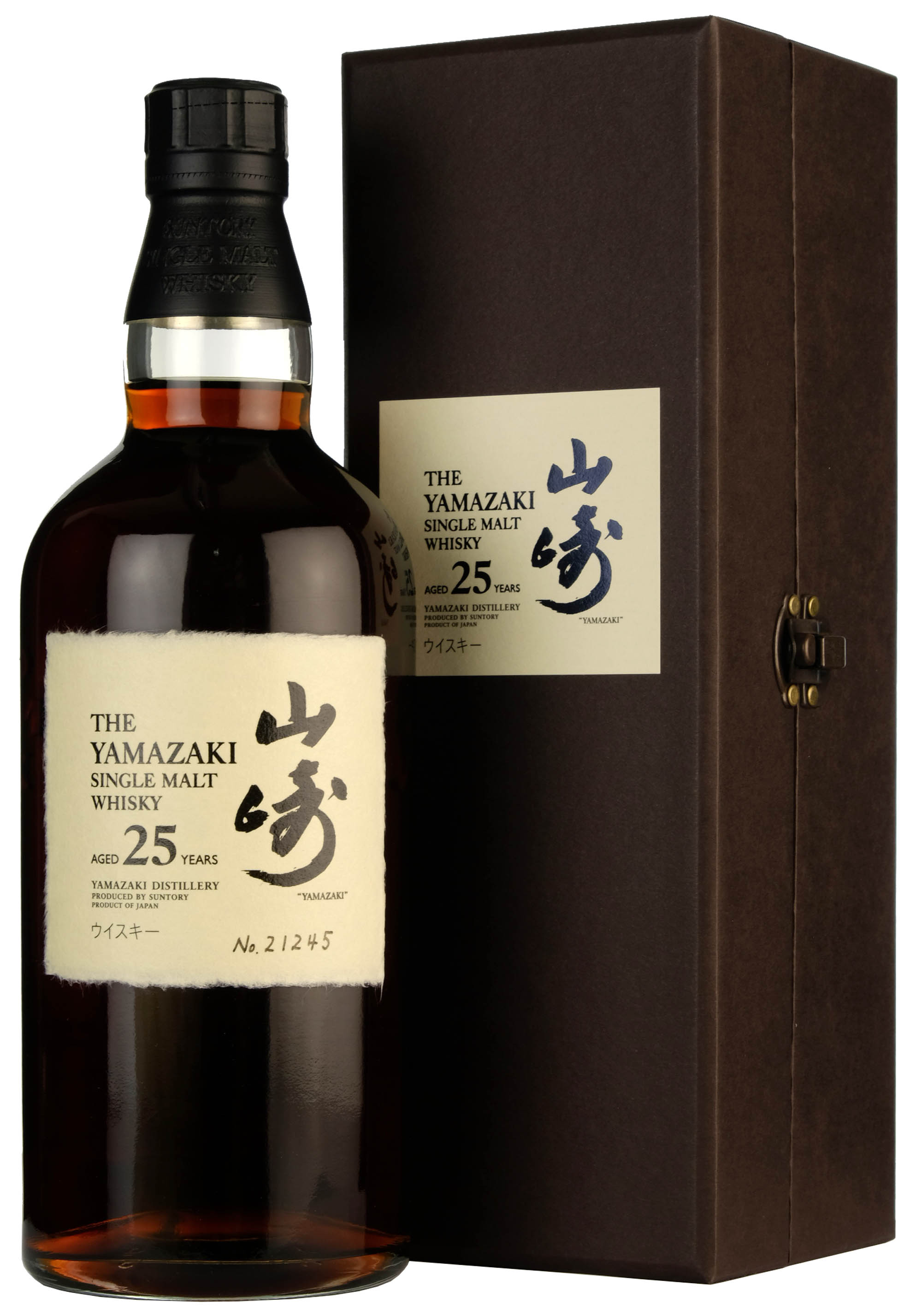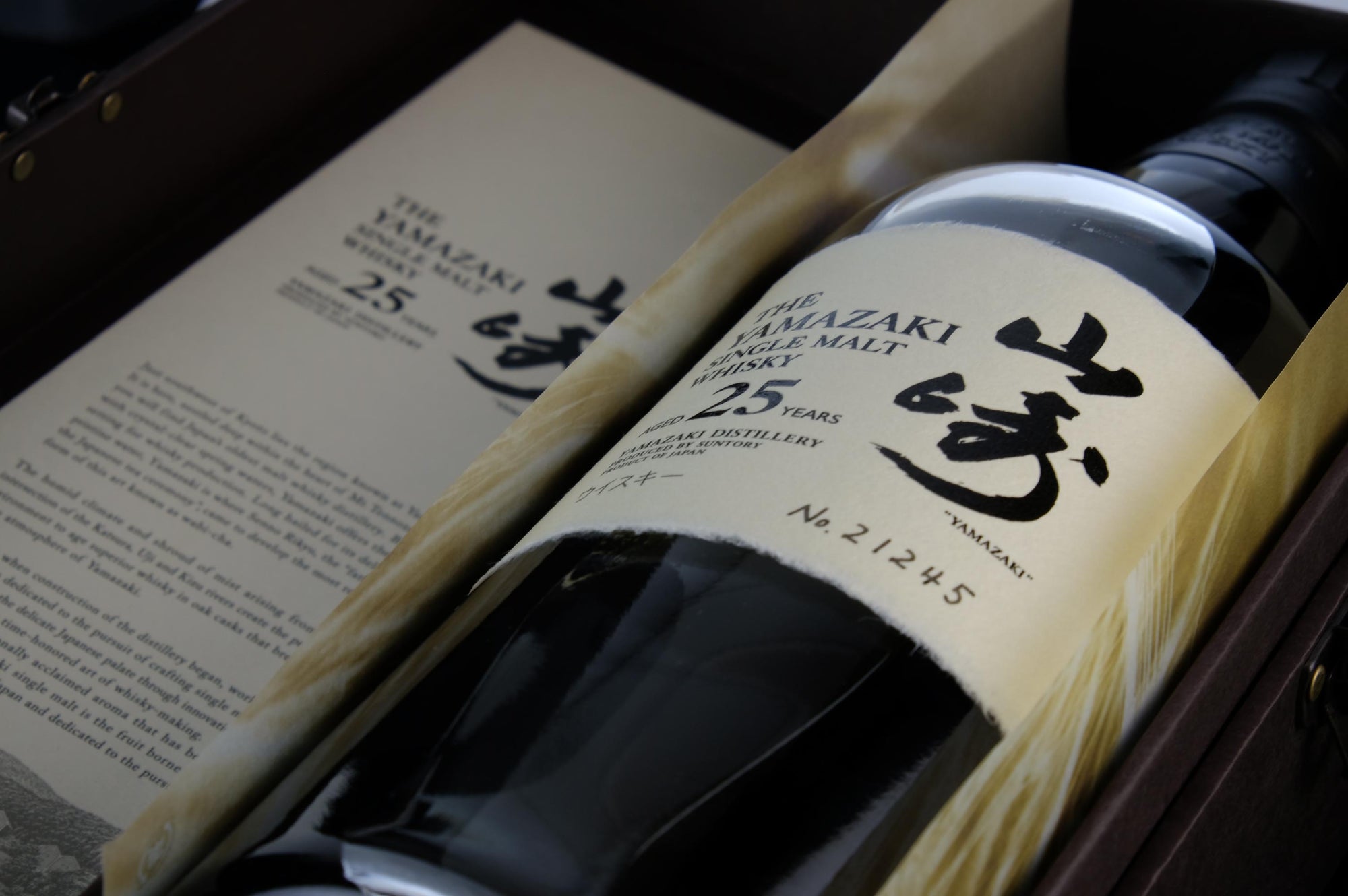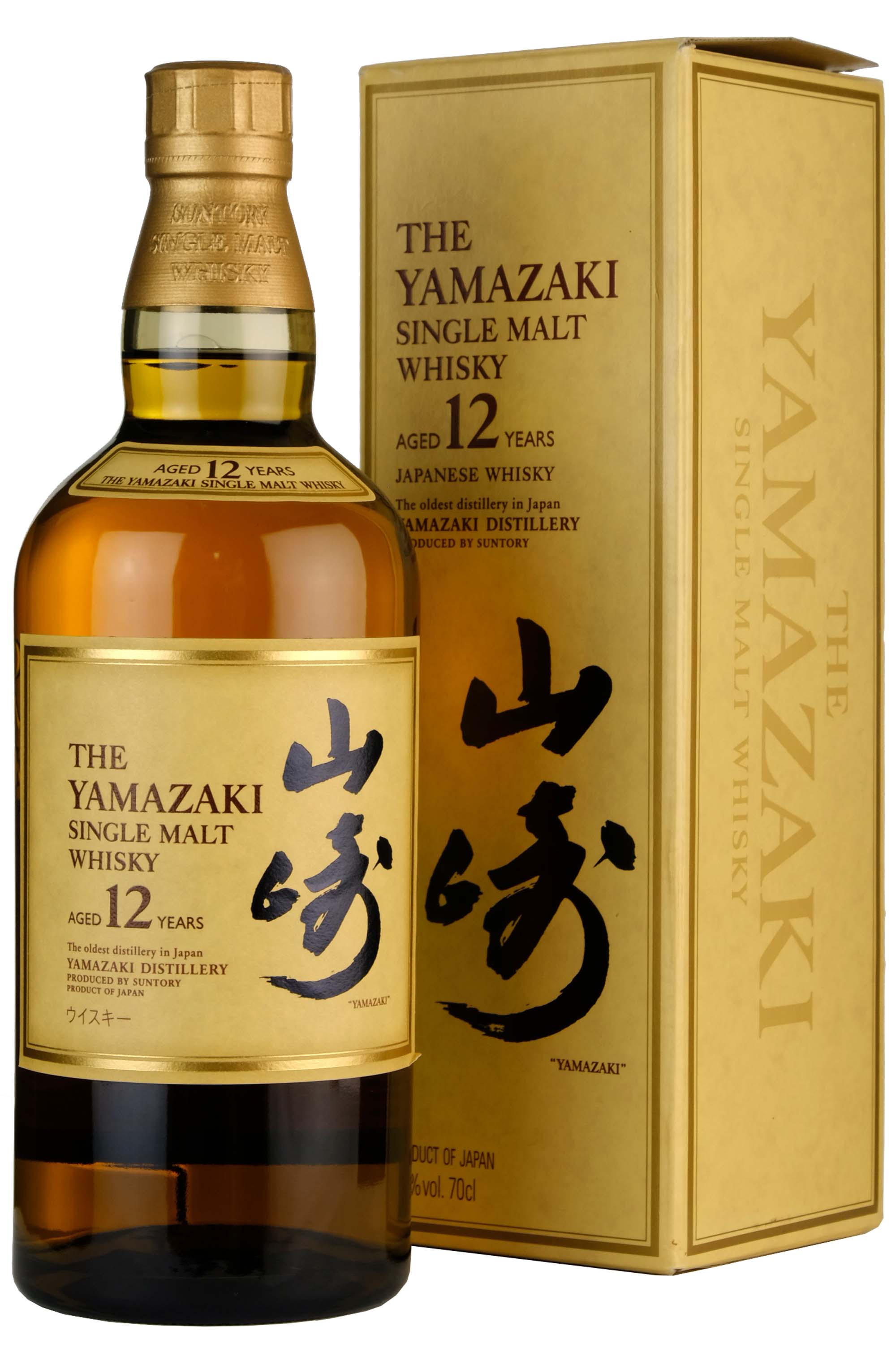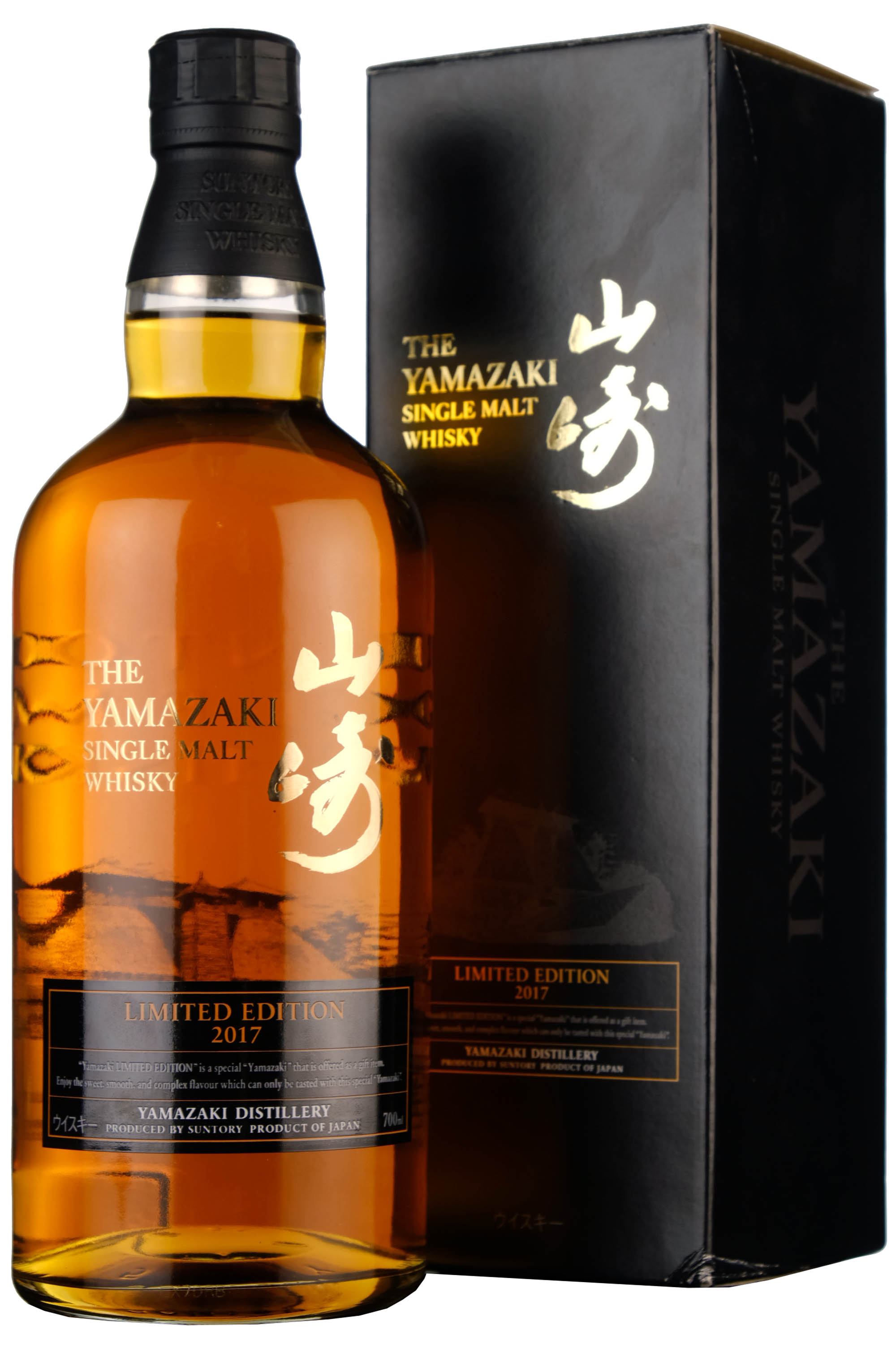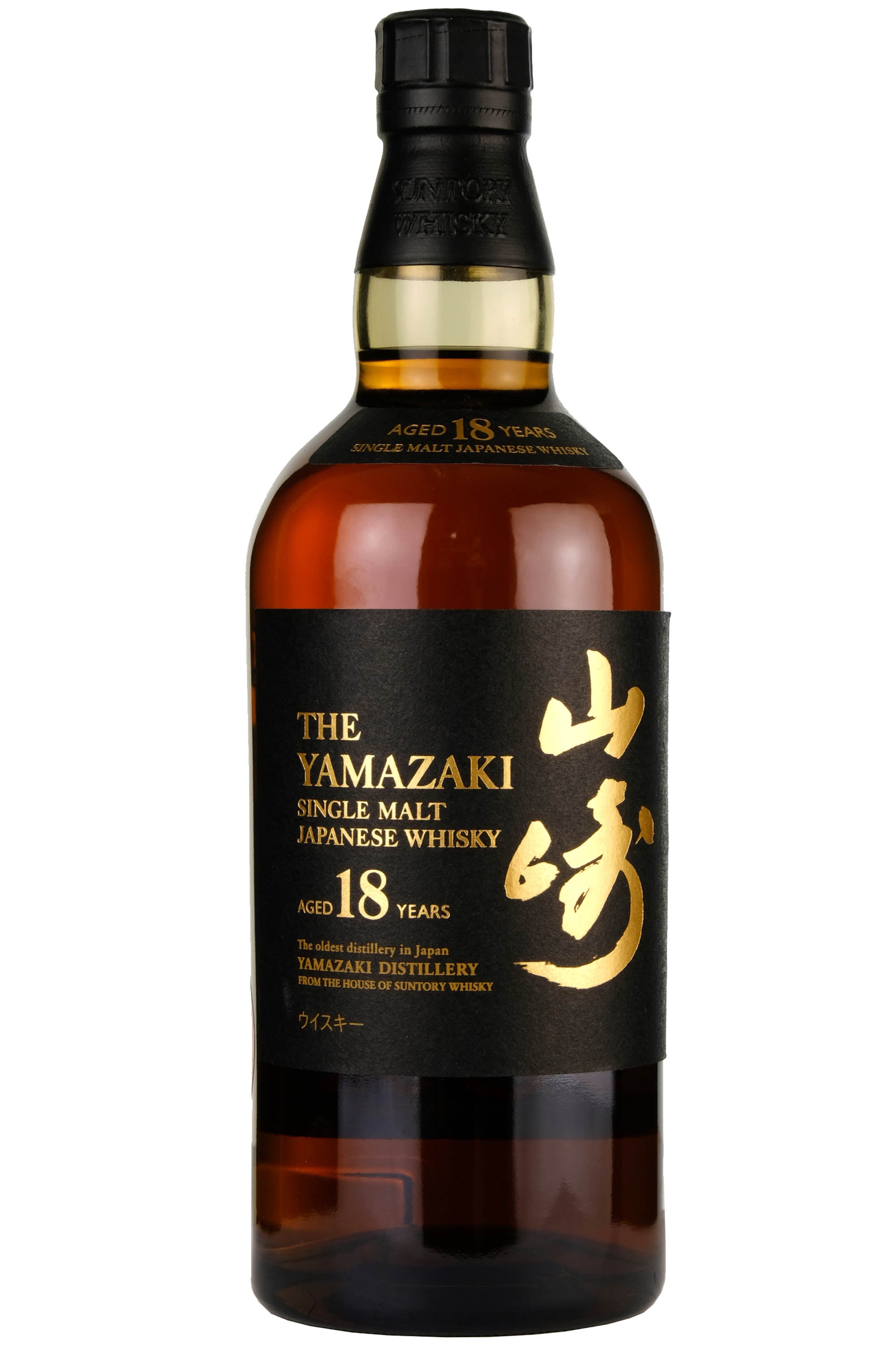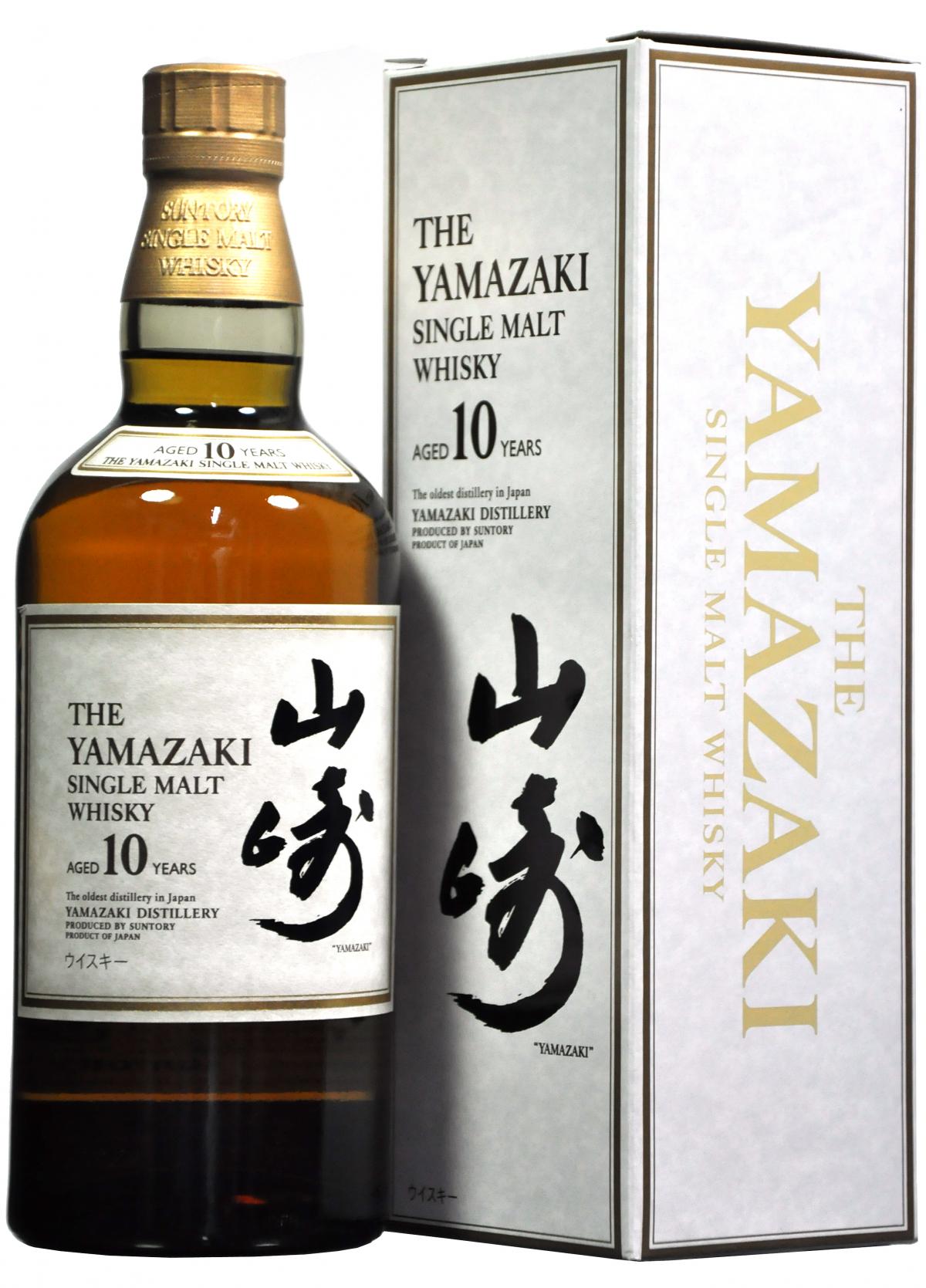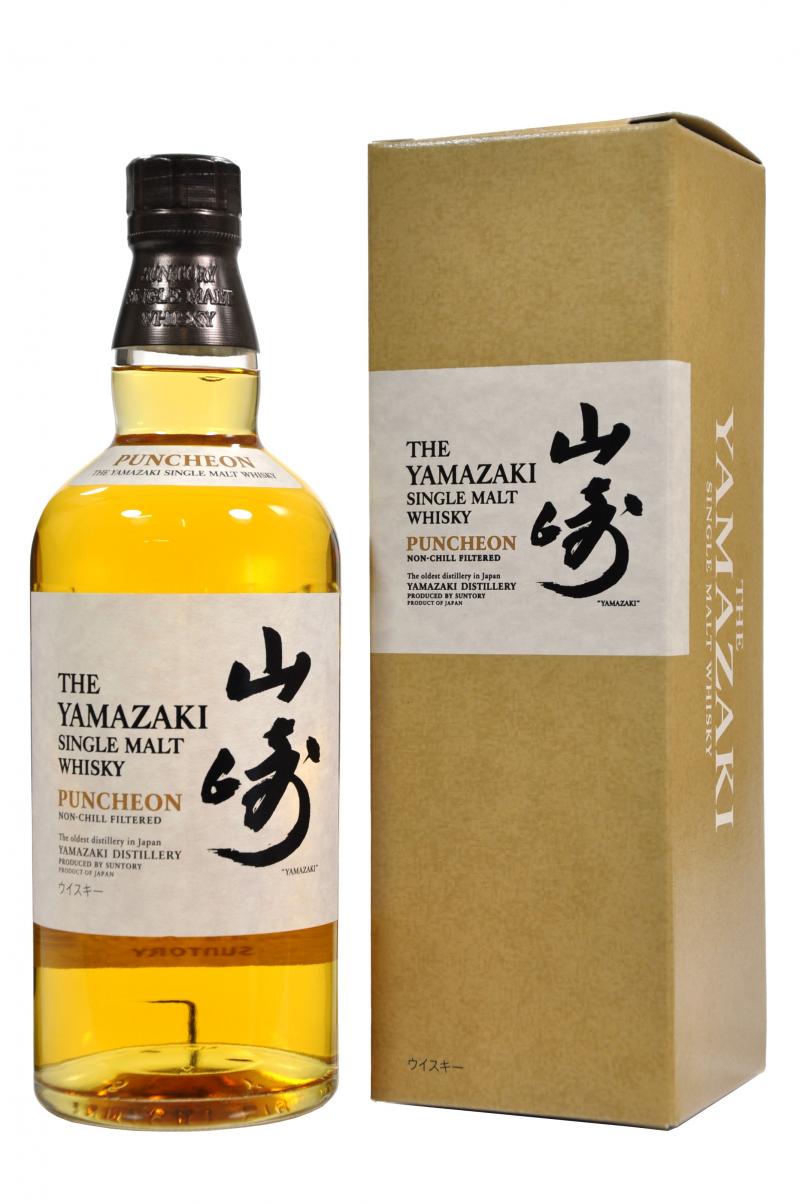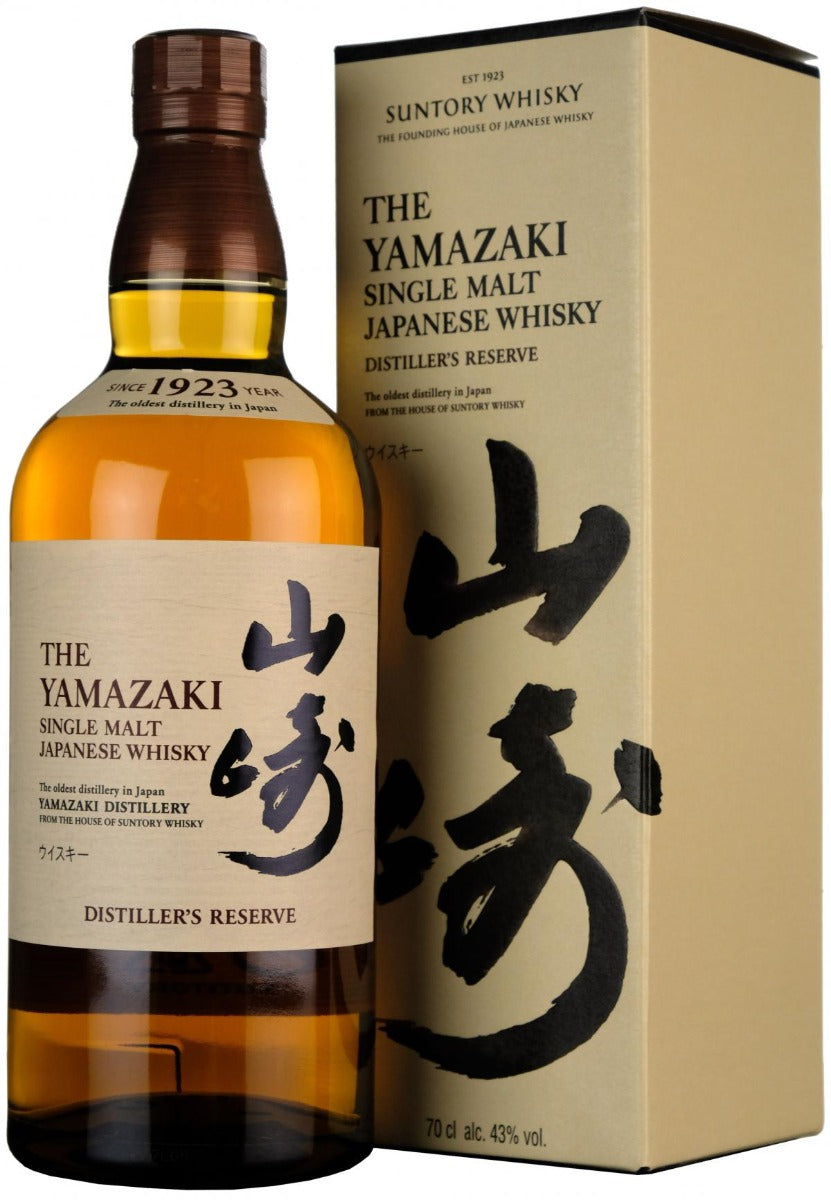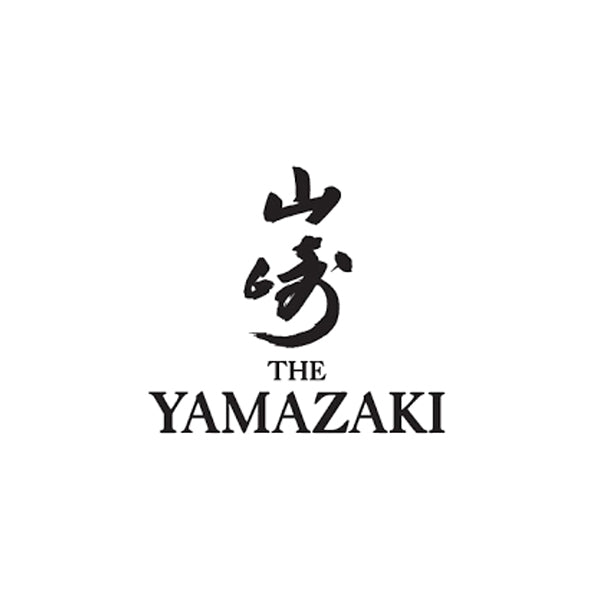Very nice, smooth to the pallet, a very pleasant drink
Because they give them bad reviews and it gives me more chances to get them bottles!!! This is absolutely lovely. Smokey and sherries aplenty. Just my realm.
The price to taste ratio is hard to beat.
Not opened new bottle yet. But last one was great. This one benefited from being in the freezer for a few hours then let stand an hour with cork out. Really spices it up, particularly near the last of the bottle. Got a tip from the rep last time I was at the distillery.
I have bought 3 of the 12 year old,given 2 away as presents and one for my cabinet.Lovely bottles of Glen Moray at a great price and very quick delivery from Whisky-Online shop.

